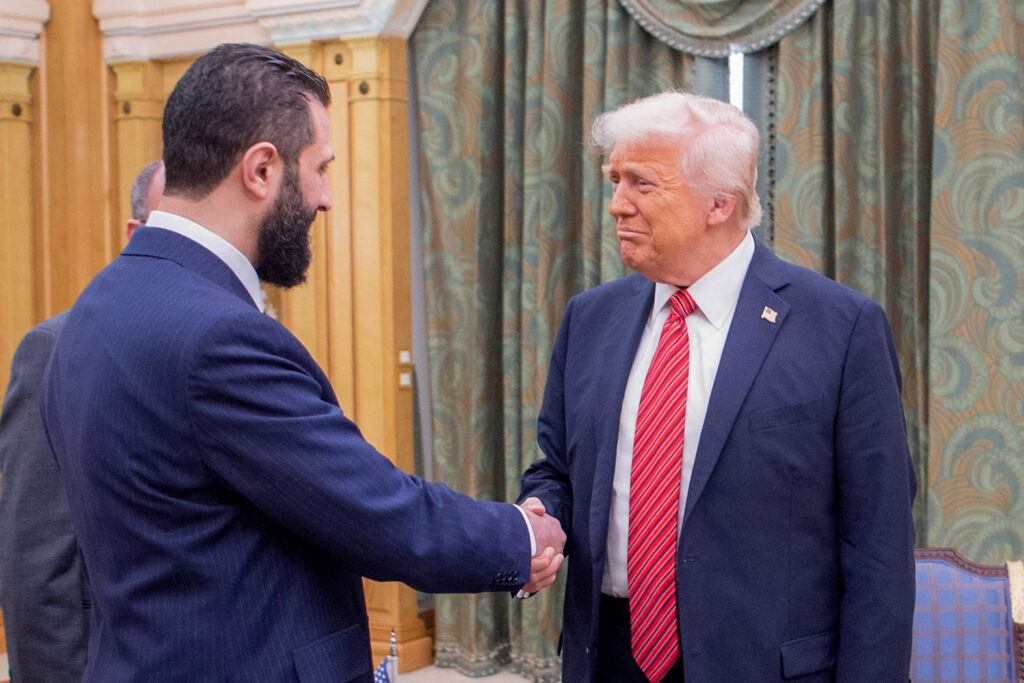
Introduction
The use of sanctions as a tool in U.S. foreign policy has become increasingly significant in recent years, particularly during the administration of former President Donald Trump. Sanctions, which aim to exert economic pressure on countries or individuals to influence behavior or policies, have been at the forefront of discussions regarding international relations. Understanding the ramifications of Trump sanctions is crucial as they can have profound effects on global trade, diplomacy, and security.
Background of Trump Sanctions
During his tenure from 2017 to 2021, President Trump implemented numerous sanctions against various countries including Iran, North Korea, and Venezuela, citing security threats and human rights abuses. For instance, the re-imposition of sanctions on Iran in 2018, as part of the withdrawal from the Joint Comprehensive Plan of Action (JCPOA), was aimed at curbing its nuclear program and regional influence. Similarly, sanctions against Venezuela sought to undermine its oil industry and support for the opposition.
Recent Events in Sanction Dynamics
Since Trump’s presidency, the Biden administration has reassessed many of these sanctions, considering both their efficacy and humanitarian impacts. The ongoing geopolitical events, such as the Russia-Ukraine conflict, have also influenced discussions around sanctions. The U.S. has coordinated with allies to impose significant sanctions on Russia, exemplifying a strategic shift in U.S. foreign policy that builds upon but also diverges from Trump’s sanctions framework.
Impact and Future of Sanctions
The implications of Trump’s sanctions continue to resonate in current affairs. For instance, the sanctions against Iran have destabilized the region, while those on Venezuela have prompted debates about humanitarian consequences versus political gains. Analysts predict that the utilization of sanctions will remain a contentious tool in U.S. foreign policy. Moreover, as international dynamics evolve, the effectiveness and ethical considerations surrounding these sanctions will likely garner more scrutiny.
Conclusion
In conclusion, Trump’s sanctions have played a pivotal role in shaping U.S. foreign policy and global relations. As the geopolitical landscape continues to change, understanding the legacy and effects of these sanctions will be essential for policymakers and the public alike. Future actions regarding sanctions will need to balance national interests with ethical considerations, and the outcomes of these policies will impact not only the targeted nations but the broader global community.



